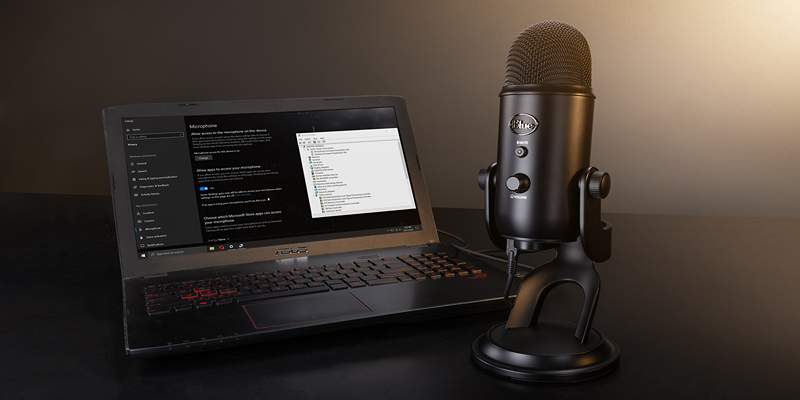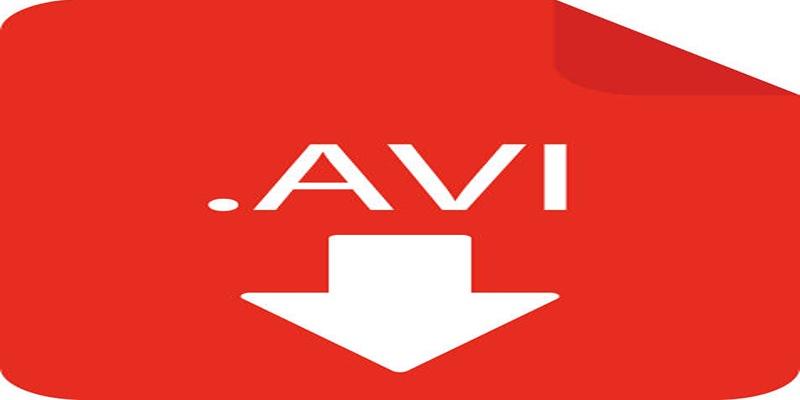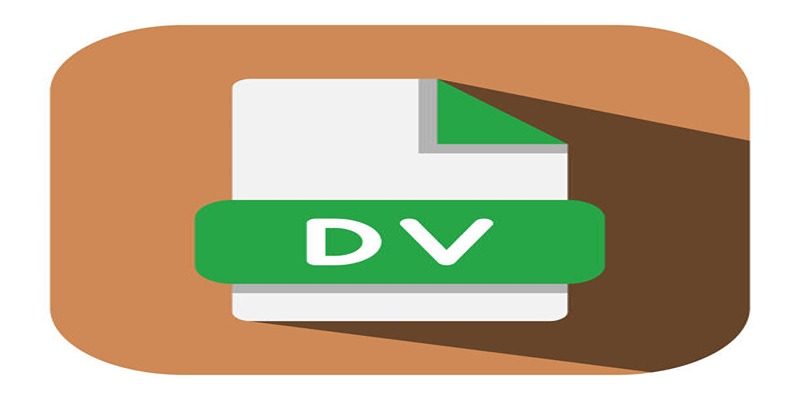Best Project Management Software for Small Businesses: A Comprehensive Guide
Small firms that want to remain competitive must manage projects. Small enterprises' appropriate project management software facilitates effective tracking of development, team cooperation, and streamlining of processes. Small teams want straightforward, reasonably priced tools with strong capabilities that are free of complexity. Many small companies battle with ineffective communication, missing deadlines, and disorganized work. These problems can be resolved with reliable small-company project management tools. From file sharing to time tracking to work assignments, it maintains everything in one location.
This article looks at the best project management systems catered for small companies. We examine their characteristics, costs, and advantages to guide your decision on the ideal choice. Please read on to choose the ideal affordable project management tool for your company.

Best Project Management Software For Small Businesses
Your company's requirements will determine the project management tool you need. While some tools have sophisticated tracking capabilities, others concentrate on simplicity. We review the finest choices below, stressing their advantages and optimal applications. There is a tool for you regardless of your demand for all-in-one solutions, methodical workflows, or graphic job management.
Trello – Best for Simplicity and Visual Task Management
Small companies that want a straightforward and graphic project management style would find Trello to be a great tool. It aids teams' inefficient work organization using boards, lists, and cards. Tracking advancement is made simple by the drag-and-drop interface. Trello has connections with well-known tools such as Dropbox, Google Drive, and Slack. It also advocates automation to cut out tedious chores. Small teams would find the free plan excellent; premium plans include sophisticated tools, such as custom fields and timeline views. One disadvantage of Trello is that it may not be fit for complicated project tracking. It includes neither advanced reporting tools nor built-in time tracking. Trello is a great choice, though, for teams who require a user-friendly and aesthetically pleasing platform. It is ideal for groups who are seeking a simple, straightforward platform. It maintains project organization without overloading users with too many capabilities. Small firms would find it perfect for handling daily responsibilities.
Asana – Best for Task and Workflow Management:
A great tool for small organizations to handle tasks and processes effectively is Asana. It offers teams a clear framework for tracking deadlines, assigning work, and planning initiatives. Its simple use is made possible by the clear interface. Asana supports several project views, including calendar, board, and list styles. It improves cooperation by interacting with Slack, Zoom, and Google Workspace. Automation can reduce repetitive chores and increase effectiveness. One clear benefit is Asana's adaptability. From marketing to product development, it fits several corporate purposes. Some users, meanwhile, discover the learning curve to be rather steep. Although free plans are restricted, pricier plans have sophisticated tools, including workload control and timetables. Ideal for companies requiring methodical work completion, it guarantees that none of a task is missed and increases team output. Small teams gain from its disciplined method of project tracking.
Monday.com – Best for Customization and Team Collaboration
Small companies looking for a customized project management platform would find Monday.com to be a good option. It provides adaptable models so teams may create processes that fit their requirements. Monday.com increases output with time tracking, file sharing, and automation, among other capabilities. It interacts with widely used tools, including Google Drive, Zoom, and Microsoft Teams. Navigating the interface is simple, and it looks good. One disadvantage is Monday.com's prices, which could be more than those of other solutions. Although the free plan is constrained, premium subscriptions offer useful tools such as comprehensive reporting and priority assistance. Initially, some users could find the UI overwhelming. Ideal for companies searching for a scalable and personalized solution. It gives teams the freedom to customize processes and helps them to cooperate successfully. Small companies seeking a feature-rich platform will find it valuable.
ClickUp – Best for All-in-One Project Management
Designed to meet several corporate demands, ClickUp is a one-all-in-one project management solution. On one platform, it provides job management, document storage, goal tracking, and collaborative tools. Multiple project views—list, board, calendar, Gantt chart—are available from ClickUp. For flawless teaming, it connects with Dropbox, Slack, and Zoom. The free plan offers small teams basic tools and is really generous. One drawback is ClickUp's steeper learning curve, which is brought on by its many capabilities. Novices could need time to explore its possibilities fully. Once tuned, though, it improves team organization and output. Ideal for companies seeking a whole-scale project management solution. It serves several purposes, so fewer supplementary tools are needed. Small companies needing sophisticated capabilities and scalability can especially gain from this.

Basecamp – Best for Simplicity and Team Communication
A simplified project management tool based on team communication is Base Camp. It lets small companies stay all in one location, therefore lowering the demand for several apps. Message forums, to-do lists, file sharing, and scheduling tools abound in Base Camp. For companies that give teamwork and open communication top importance, it's perfect. Teams can easily adjust fast because of the straightforward UI. Its flat-rate pricing is a main advantage as, for bigger teams, it can be rather affordable. It does not, however, have several sophisticated project management tools such as process automation or Gantt charts. Ideal for companies seeking a basic project management tool. It eliminates needless complications from work monitoring and communication. Small teams that value it would appreciate easy cooperation.
Conclusion:
Your needs will determine which project management tool small enterprises need. Asana provides ordered workflow management; Trello is excellent for visual organizing. Monday.com offers customizing; ClickUp is a complete solution; Basecamp streamlines communication. A dependable small business project management tool maintains project organization, increases teamwork, and raises output. Making the correct software investments helps organizations run effectively. Before choosing a tool, assess your company's demands. Seek for cost, integrations, and simplicity of usage. The finest affordable project management system is one that satisfies your workflow needs.
On this page
Best Project Management Software For Small Businesses Trello – Best for Simplicity and Visual Task Management Asana – Best for Task and Workflow Management: Monday.com – Best for Customization and Team Collaboration ClickUp – Best for All-in-One Project Management Basecamp – Best for Simplicity and Team Communication Conclusion:Related Articles

HandBrake Review and Top 5 Converter Alternatives

Usersnap vs. Userback vs. Marker.io: A Comprehensive Comparison

Best pay-per-click (PPC) tools to optimize your ad spend

Top 7 Methods to Convert M4A to MP3 Online Quickly

The 10 Best Email Apps for iPhone: Streamline Your Inbox Today

Microphone Not Working in Online Learning Platforms? Try These Fixes

How to Enable Mac Dark Mode Automatically and a Windows Alternative: A Guide

The AI Advantage: 8 Ways Real Businesses Are Using AI for Content Creation

3 Easy Ways to Transform AVCHD Files into AVI Format

5 Easy Ways to Repair Corrupted PDF Files Online for Free

Convert Mini DV to Digital Format on Windows: A Quick Tutorial

 suptoolbox
suptoolbox